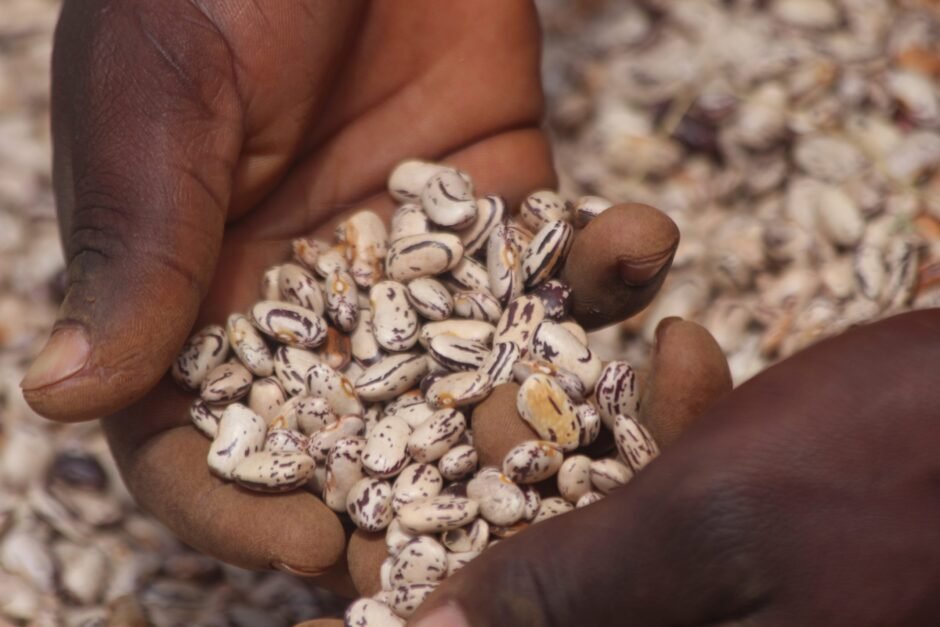Uplifting smallholder farmers
Our Approach
Through our commitment to these values, we strive to build a sustainable future for all. Join us in creating shared value that benefits everyone.

1: Market Analysis
Generate Evidence
AMDT analyzes market systems, including reviewing all existing and past sector interventions, in order to identify systemic constraints and their root causes. AMDT endeavours, where possible, to engender all assessments such that the different constraints which men and women, including girls and boys, face in market systems may be understood and specific interventions designed. Furthermore, environment and climate change lenses will be applied to each analysis and will influence the recommendations.
Assessments lead to the identifications of constraints which AMDT can address through a facilitation approach. AMDT recognizes that it cannot address all constraints in a market system, rather it prioritizes those which have the largest impact and upon which AMDT can have the greatest influence. Finally, in order to avoid duplication and strengthen its knowledge base, AMDT endeavours to catalogue existing and past interventions in the selected sub sectors.
2: Pilot Innovation
Pilot and Assess
AMDT will partner with the private sector or implementation facilitators7 to pilot innovative ways to address identified constraints, including environment, climate change and gender constraints.
Stakeholders will be encouraged to innovate and put forward ideas for pilot projects (based on the identified constraints).
Interventions will be chosen based on a set of evaluation criteria which include expected impact on the poor, value for money, opportunity for scaling up, potential positive impact on women, youth, the environment or climate change etc. AMDT will assess and/or validate the success of pilots. Failure at the pilot stage is not viewed as a negative, rather it is a learning opportunity which will be disseminated to agricultural stakeholders in Tanzania through the knowledge management function of AMDT.
3: Pilot Intervention
Scale-Up and Assess
The pilot interventions will be thoroughly monitored to identify potential issues early and bring about corrections. Those pilots which succeed in achieving their goals and/or show promising results at small scale may be funded in a second phase to expand the interventions to large scale.
Monitoring and assessments will be continuous components of the pilot-sized and scaled interventions, with the information generated used to guide the interventions, guide AMDT decision making and create learning documents disseminated through the knowledge management function of AMDT.
4: Knowledge Hub
Management and Coordination
AMDT intends to be a leading institution in the promotion and practice of the M4P approach in the agricultural sector in Tanzania. It will generate large amount of information, studies and learnings which can benefit the wider agricultural community.
It will establish a knowledge hub which will strive to make information available in the most appropriate way for users. AMDT will also be well positioned in the agricultural sector to adopt a coordinating role and strategically engage with stakeholders, including the government, to improve the enabling environment for agriculture.


